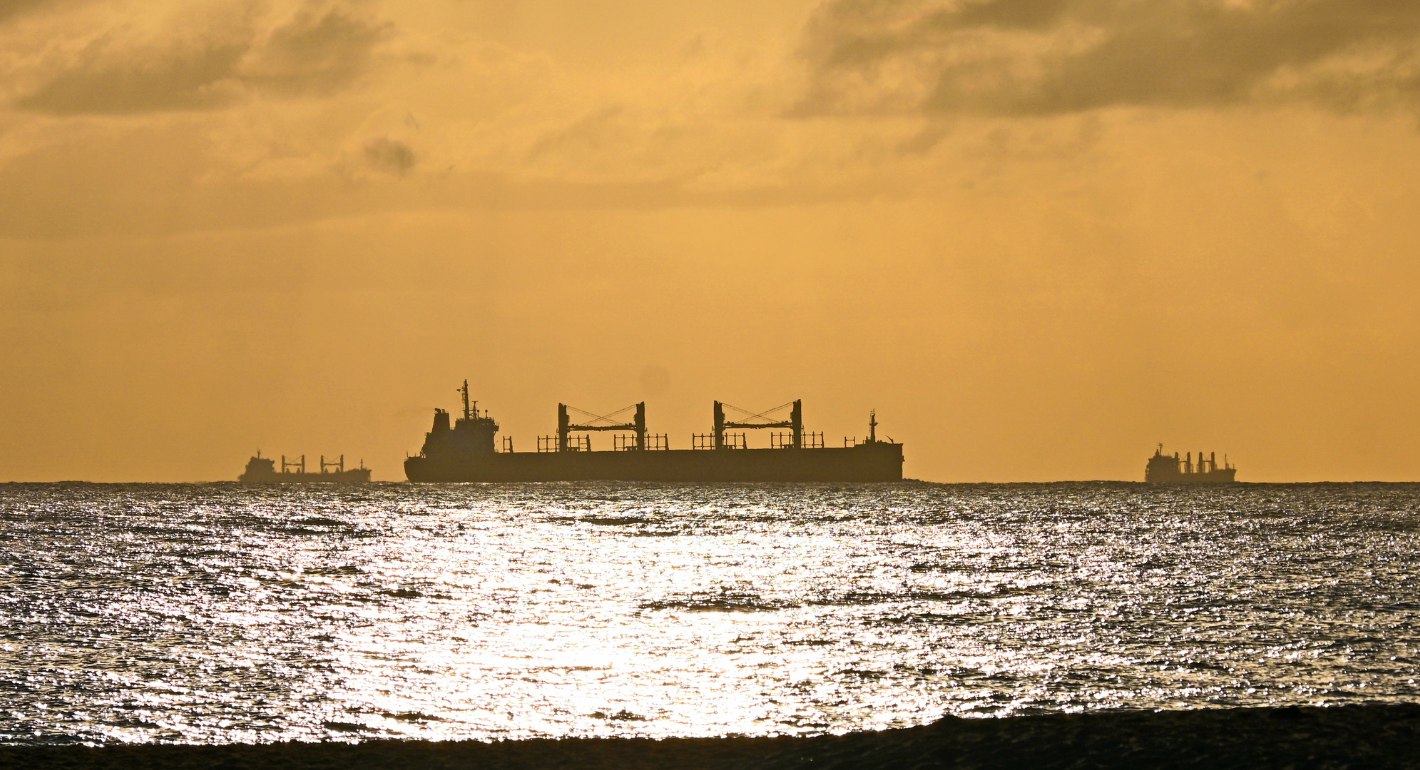The India-France-Australia (IFA) Trilateral Dialogue was launched in September 2020. It is a new minilateral grouping that aims to achieve a free, open, inclusive, and rules-based Indo-Pacific. In a tweet following the inaugural meeting, the MEA said, “We agreed to build convergences in our approach to the Indo-Pacific region and to explore ways to strengthen trilateral cooperation, particularly in the maritime domain.” The French statement regarding the initiative resonated the same sentiment: “The trilateral dialogue helped underscore the goal of guaranteeing peace, security and adherence to international law in the Indo-Pacific by drawing on the excellence of bilateral relations between France, India and Australia. The three parties agreed to hold this dialogue on a regular basis.”
However, as the nascent trilateral group worked to synergize efforts, it was hit with a setback—the announcement of AUKUS in September 2021, which brought the IFA trilateral meetings to a startling halt. The announcement meant the abrupt conclusion of a 2016 submarine contract between France and Australia. Paris was offended that Canberra opted for nuclear-powered submarines built with American- and British-origin technology instead. For France, AUKUS brought about a crisis of confidence in its relations with three of its key strategic partners and called into question its strategic approach toward the Indo-Pacific. It took two years before relations between France and Australia improved. Following a change of government in Australia, the two Western allies unveiled their plans to shore up defense cooperation. As a result, other motivations for cooperation between France and Australia came to the fore once again, principal among them the desire for a stable and prosperous Indo-Pacific region. The healed France-Australia relationship put the IFA trilateral back on track—after a two-year hiatus, experts from the three countries met again in March 2023 for a Track 2 dialogue.
The blowback from AUKUS has shed light on the operational challenges before the IFA trilateral. The Indo-Pacific is a vast region facing a multitude of challenges. It is, therefore, also susceptible to setbacks emerging from changing global dynamics. Given this, for the trilateral to progress as desired, consistent efforts will need to be made by all partners in every subregion of the Indo-Pacific. Secondly, coordination mechanisms should aim for quick successes at the official level. We offer the following suggestions to ensure that these efforts are undertaken consistently by all members:
- Form key working groups with representatives from the government, academia, the think tank community, and most importantly, the private sector to identify specific areas of cooperation.
- Divide and delegate tasks among the three nations based on the comparative advantage they bring to the group.
- Forge relationships with ASEAN and other non-U.S.-led partnerships to facilitate region-wide responses to shifting geopolitical dynamics.
- In time, expand the dialogue to include more members like the UAE and Japan, which have similar interests in the region.
To canvass a region as vast as the Indo-Pacific, the IFA trilateral may benefit from considering the region as units. For instance, it has been argued that viewing the Indian Ocean “as a single unit allows us to draw more connections across this (Indo-Pacific) vast area.” All members of the trilateral have island territories in the Indian Ocean, making it an ideal location to build regional cooperation mechanisms. Understanding the Indian Ocean as a unit for coordination creates the option of elevating the existing bilateral partnerships and bringing them under the ambit of the IFA trilateral. This would help ensure that efforts are not duplicated and synergies are leveraged effectively to address common challenges.
A study of existing bilateral initiatives between India, France, and Australia would reveal that the three countries share mutual interests, especially in the areas of defense, cybersecurity, and the exploration of critical minerals. For instance, India’s Comprehensive Strategic Partnership with Australia is enhancing innovations in science, technology, and research to strengthen healthcare systems, diversify supply chains for critical health, ensure cybersecurity in the digital economy, and cooperate on new technologies for the exploration and extraction of minerals. Similarly, India and France are codeveloping high technology defense systems and exploring convergence on matters of nuclear energy and space. In addition, the two countries are also working toward strengthening their cybersecurity systems. Meanwhile, France and Australia are working together to promote mutual growth in the space sector and develop robust, secure, and ethical critical minerals supply chains. The IFA dialogue provides an ideal platform to adapt these bilateral mechanisms to its trilateral efforts.
It has been observed that the Quad demonstrates how time consuming it can be to “turn dialogue mechanisms into concrete instruments of cooperation.” Like the Quad, the IFA trilateral holds great potential. If it remains consistent in its pursuit of shared interests in subregions like the Indian Ocean and gradually expands to include the rest of the region, it can become one of the most effective collaborations in the Indo-Pacific.
